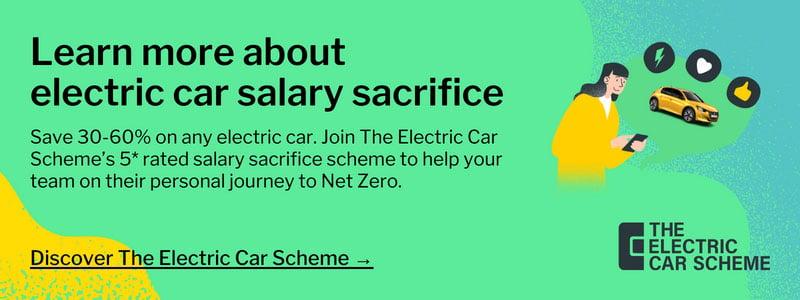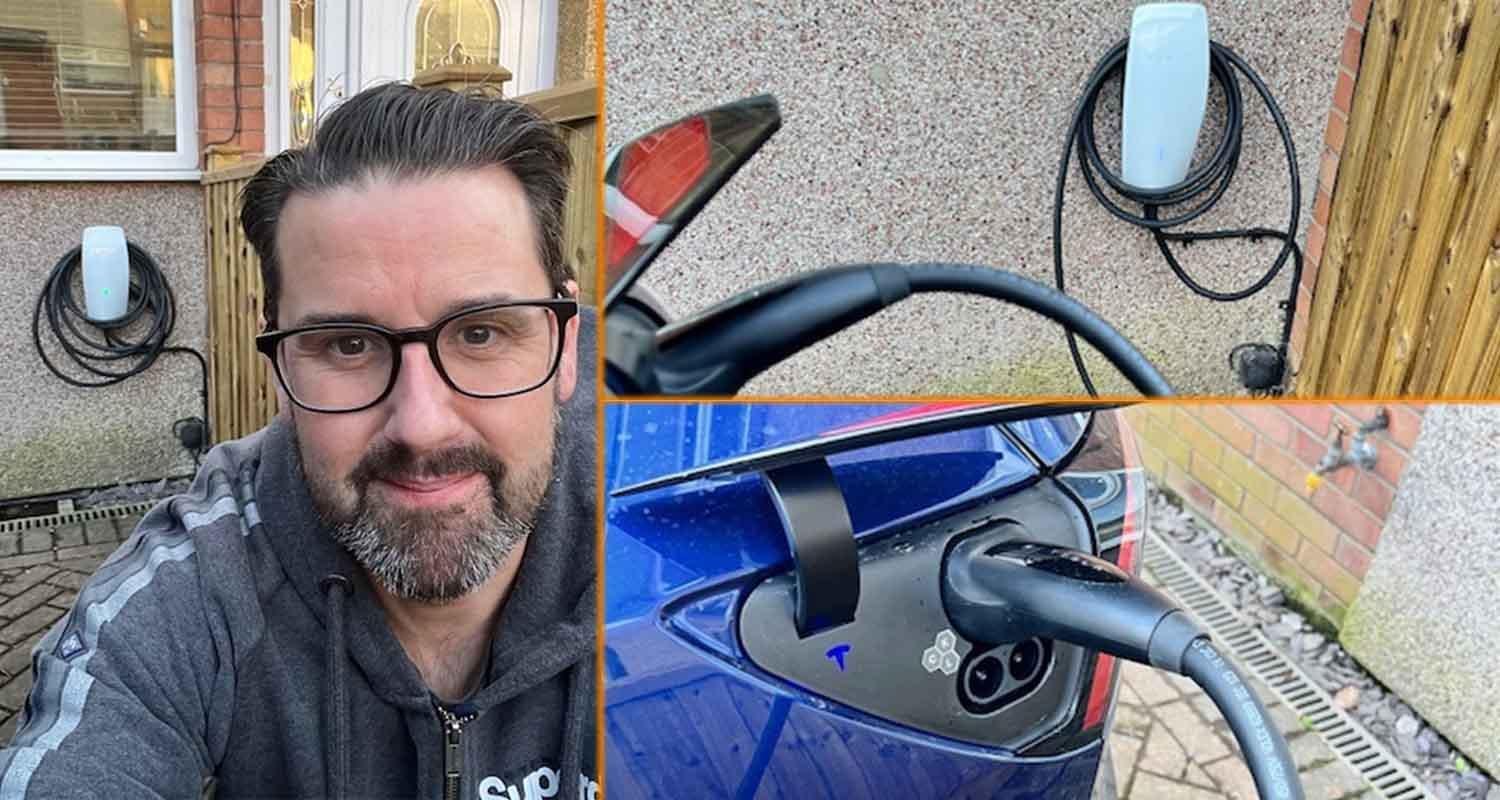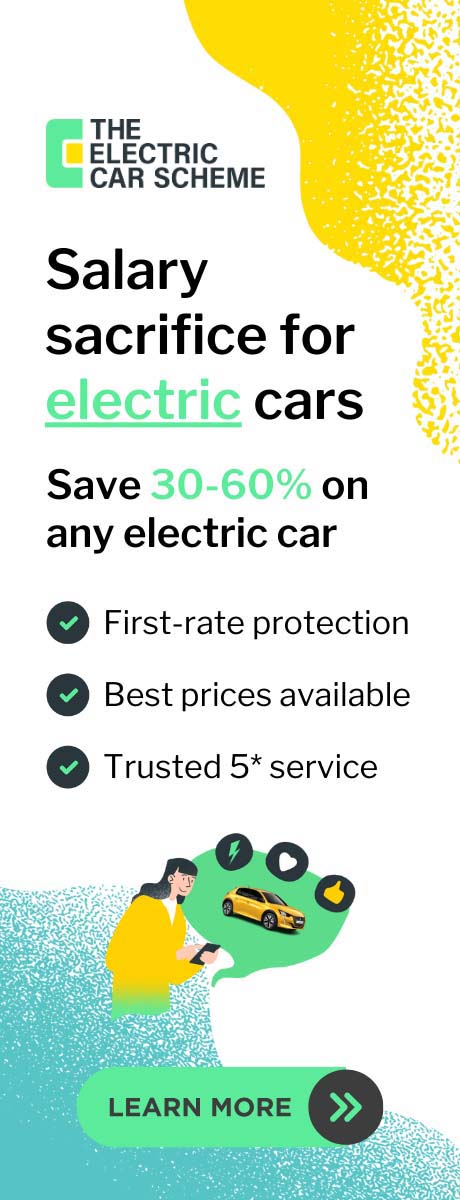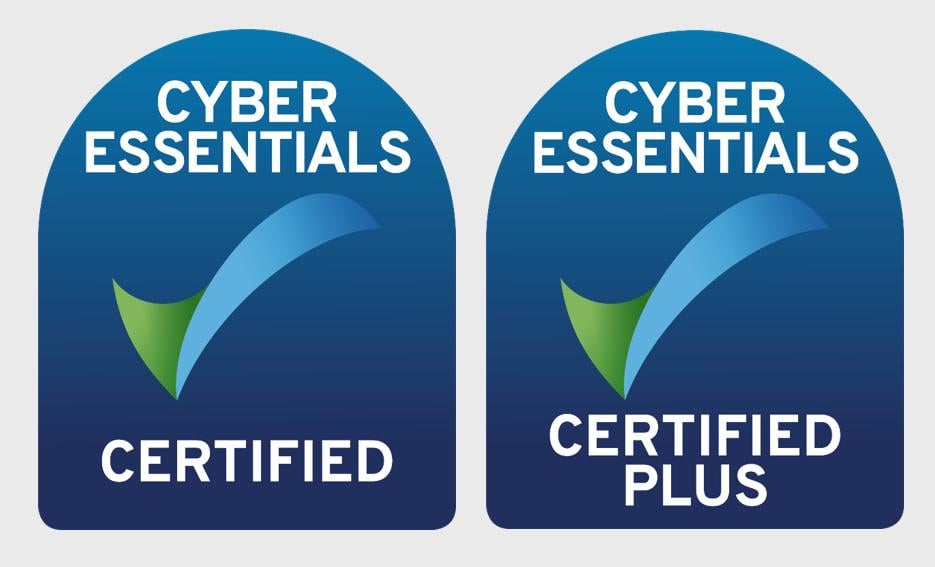Plugged In: Thom Groot, Electric Car Scheme co-founder and chief executive

A year after launching the business, Thom Groot is looking to help even more people make the switch to electric vehicles (EV) by making some savvy tax savings at work.
The Electric Car Scheme was co-founded by Groot to help employees at small to medium-sized businesses (SMEs) lease an electric vehicle through a salary sacrifice scheme.
These schemes allow employees at a company to proportion some of their monthly wages against the cost of a benefit, like an EV. This lowers their monthly take-home pay, meaning they pay less in income tax and National Insurance each month, but they then get access to a brand new EV.
One of the big selling points of The Electric Car Scheme is that it looks at the entire leasing market to look at all the EVs that are available across all leasing companies to get the best price possible for a lease. Groot said that this means there are typical savings for the Electric Car Scheme ranging between 30-60% below the norm and it's possible to check how much you're likely to save by getting a personal tax savings calculation.
As an example, The Electric Car Scheme could help broker a deal for a Tesla Model 3 for £351 per month based on the net reduction to take-home pay for a higher rate taxpayer. If you want to know more about how salary sacrifice schemes work, be sure to check out our guide to salary sacrifice schemes.
Smaller employers have been underserved
Groot said the company was set up with co-founder Tom Eilon because both felt SMEs were not gaining enough access to salary sacrifice for EVs and the tax benefits it offers.
He said: “Tom moved back from Canada and was looking at salary sacrifice to get an EV himself. His background was from working with smaller companies for funding that had been overlooked in the financial services world. My background was on digital product innovation at the AA for a number of years and then I worked as managing director at XE.com, which is an international currency fin-tech company.
Both of us felt SMEs were an underserved segment in the market, but it’s more than 50% of the UK workforce. There are bigger leasing companies that are servicing the really large corporations but we want to help any smaller business and employees access these benefits to get an EV.”
Take a look at our vehicle guides
If you’re still choosing an electric or plug-in hybrid vehicle, take a look at our vehicle guides for some more information before deciding
Growth in the last year

The company has grown rapidly from a team of two last summer to 30 now, growing from servicing around 100 businesses at the end of last year to over 400 now.
Groot said: "We raised investment to grow the team and now we're starting to scale up and we're growing really fast because there's such a big interest in EVs. The main challenge has been the availability of cars.
That’s something that the whole industry is facing, but because we look at sourcing EVs from all the UK’s top leasing companies we can generally get customers into an EV a bit quicker than if you were just going to one leasing company looking for a vehicle.”
Part of what determines the monthly lease price is the future value or residual value (RV) of what the EV will be worth at the end of the contract. The leasing company is taking a bet on how much the vehicle will be worth when it can be resold as a used car.
Some leasing companies are more positive or less positive about what the price of the vehicle might be and this can create a variance in lease price, which The Electric Car Scheme can pinpoint to find to get the best deal.
Groot said: “We needed to find a way for customers to access the cheapest lease. We do the salary sacrifice administration but also lease broking too to make sure customers get the best price. We also found that for SMEs to offer this to their teams you need to be able to cover the risk of whether a car needs to go back early. Either because someone moves jobs or there is something like redundancies.”
Managing the risk

This risk is covered in the price, so The Electric Car Scheme handles any early termination fees an SME would be exposed to. The Electric Car Scheme makes money by charging a fee to businesses that are putting a salary sacrifice scheme in place, but it’s equal to the tax savings the company will make.
Groot explained: “We’ve set up our proposition so it's as easy as possible for the employee and we make it as easy as possible for the company to say yes. We take all the risk away and take all the hassle out of it and keep it all digital. Employees lower their salary to pay for their car and so the business then has lower employer National Insurance contributions as a result. Businesses can also reclaim some of the VAT back on the lease.
We leave the employer no worse off in terms of net cost. The biggest part of the fee we charge is covering the risk for the early termination fees and the rest is covering the service we offer and the team and administration.”
Widening the net further
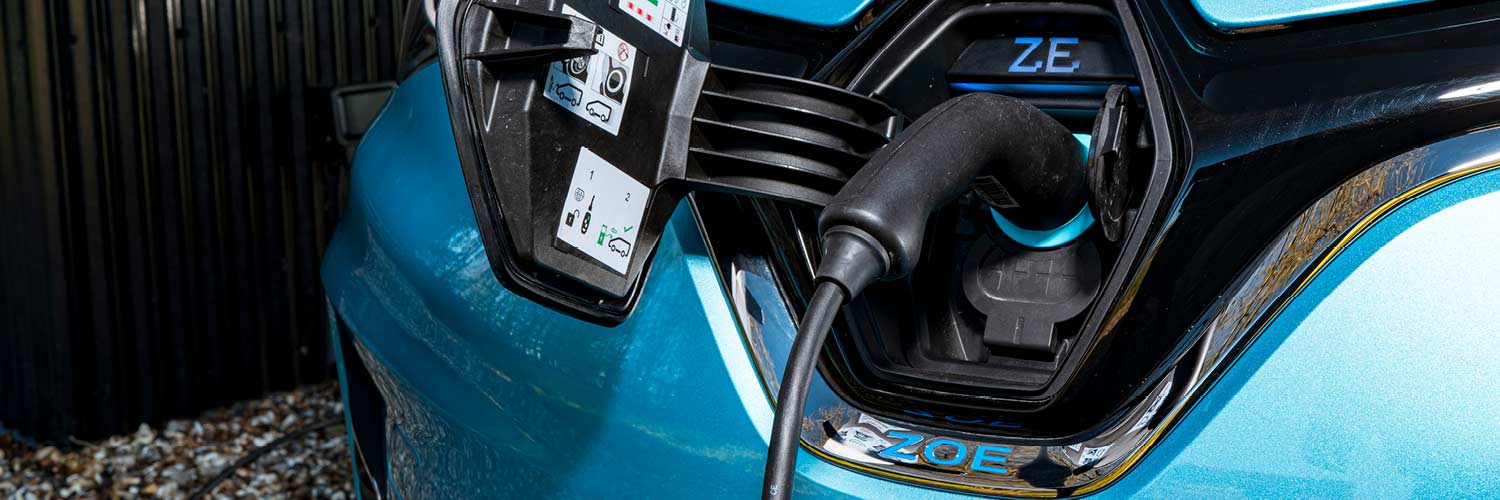
While The Electric Scheme already has a broad network of access to the latest EVs from across the leasing industry, Groot is looking to expand this further by also offering salary sacrifice through EV subscription providers. It could mean employees could choose a flexible EV subscription on salary sacrifice through companies like Onto, Elmo or Voltric.
These subscriptions can run as short as one month and customers can switch in and out of EVs if they wish with no commitment beyond a month. There’s no deposit to pay and things like insurance, servicing, road tax, breakdown cover and sometimes even public infrastructure charging costs are covered.
Groot said: "EV subscriptions are a bit more expensive than a lease, but they're all-inclusive. There are some new entrants coming to the market too. Our view is that we want to get as many people into EVs as possible. We think salary sacrifice is a great way to do that and so why shouldn’t we offer subscription cars through salary sacrifice too?”
Future of company car tax and salary sacrifice
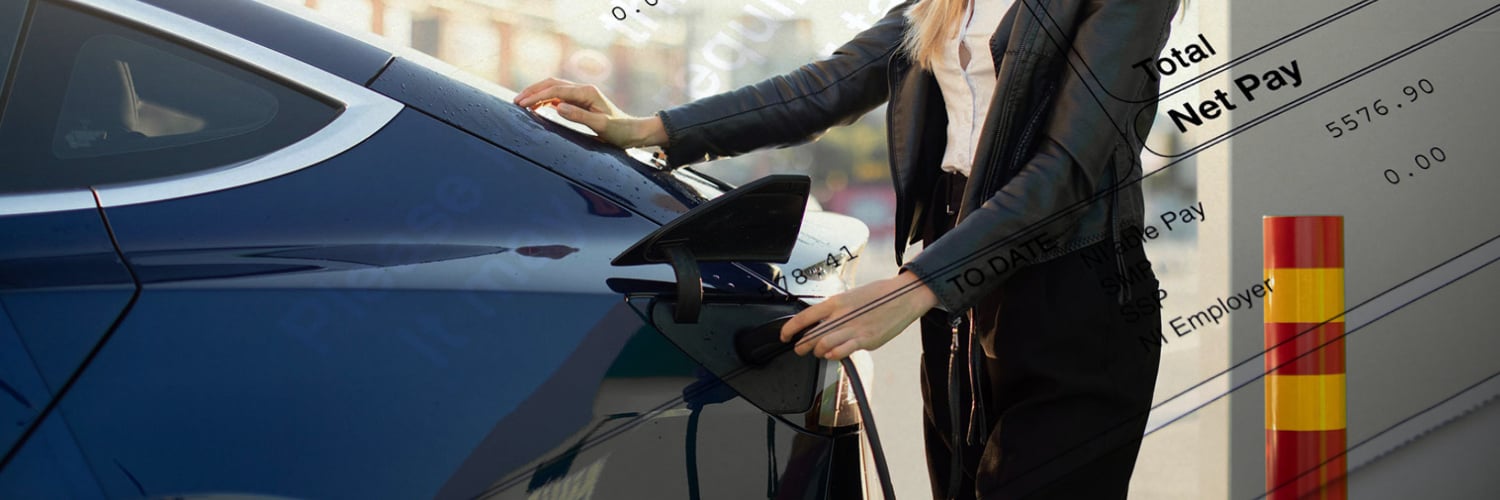
Part of what makes salary sacrifice so attractive for EVs is that customers only have to pay a lower rate of company car tax or benefit-in-kind (BIK) tax.
BIK is an additional percentage charge that salary sacrifice customers and company car drivers pay for each month straight out of their wages, but the good thing is it’s currently at a very low rate until at least 2025. The Treasury introduced a 0% BIK tax rate for pure electric company cars in 2020/21, rising to 1% for 2021/22 and then to 2% until 2025.
High tailpipe emitting diesel and petrol cars attract BIK rates as high as 37% by comparison. It's been one of the big drivers for EV adoption in the UK but currently, there is no clarity on what happens after 2025. It's not that far away, particularly if you're making decisions on a three-year lease.
Groot would like to see at least some visibility from the Government on what BIK rates will be until 2030. He said: “I’d like to lay out a timeline a bit further to give people more visibility. Let’s see if we get an announcement in the Budget this autumn. We’ve got a long road between now and net zero in 2050. Electric cars and carbon emissions are a big part of that. The Government has taken away the plug-in car grant and that was signalled two years ago so that wasn’t unexpected.”
Groot thinks there does need to be incentives in place between now and 2035 to help people make the switch. He said: “My view is that the BIK is a good way to do that. It’s really been the only Government incentive in the net zero space that’s really driven EV adoption so it would be stupid to take it away.”
How much company car tax will I pay on an EV
Learn more about EV tax costs in our guide to electric car tax.


